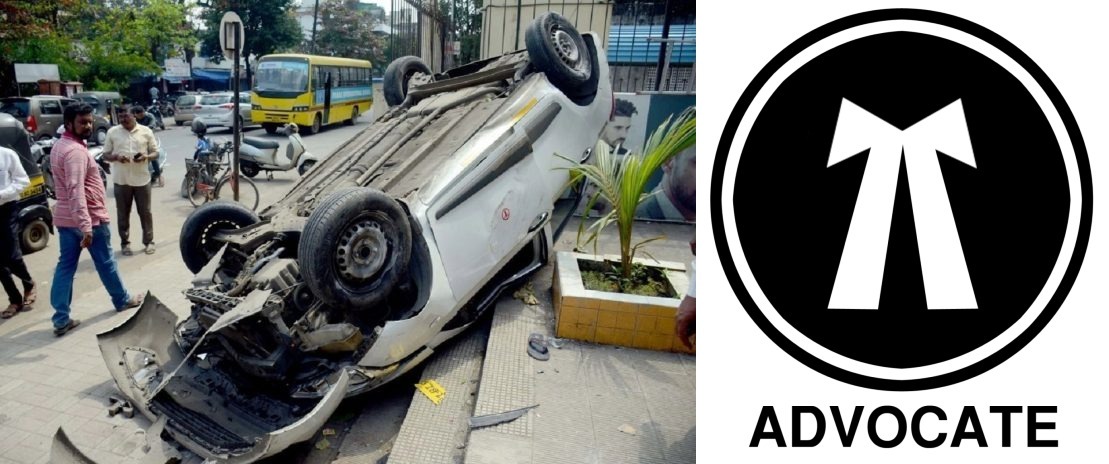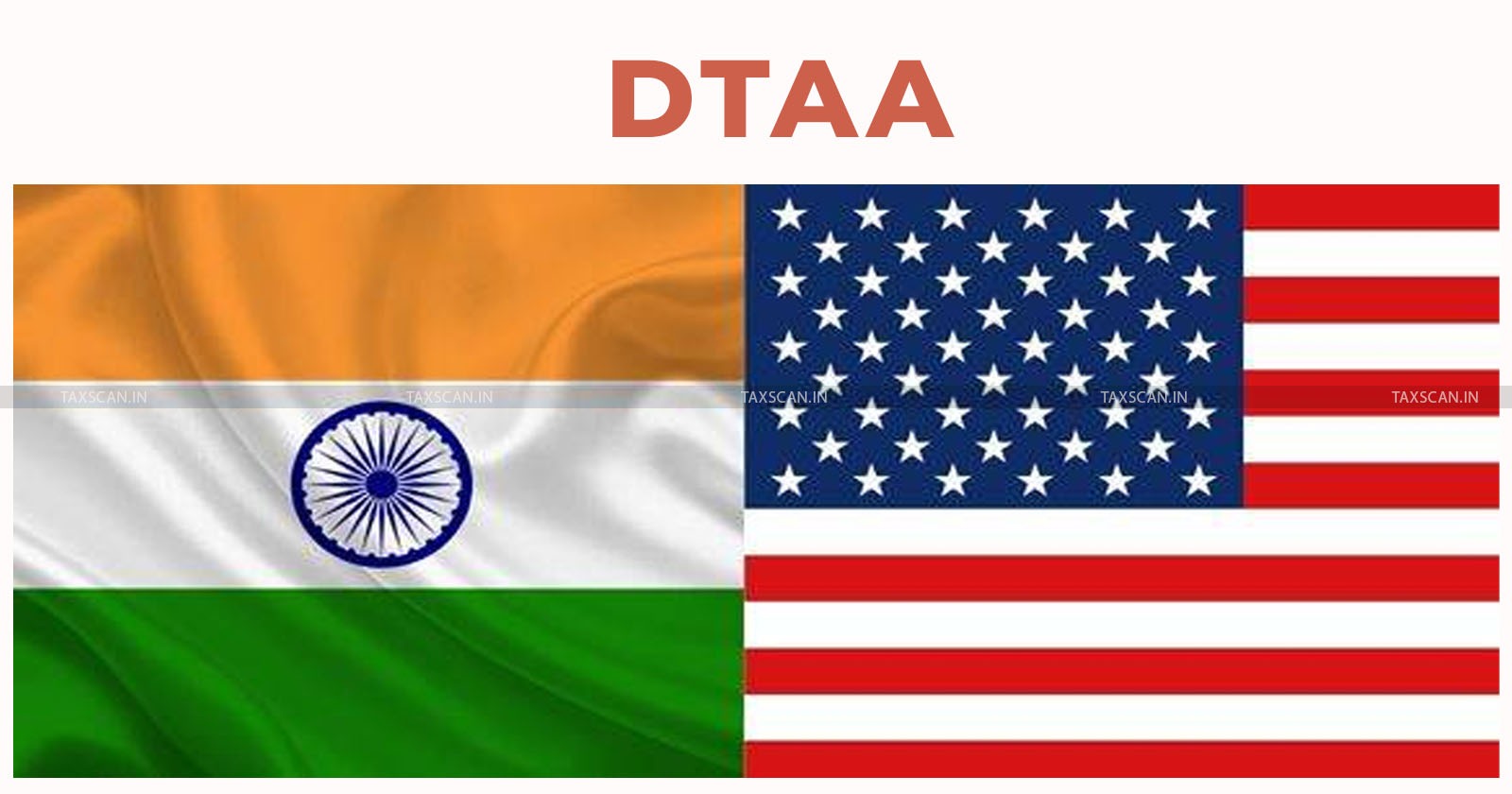@JUDGMENTTAG-ORDER
R.R. Prasad, J.@mdashHeard learned counsel for the petitioner and learned counsel for the opposite parties. This application has been filed for quashing of the entire criminal proceeding of Complaint C/1 Case No. 308 of 2009, including the order dated 21.12.2009, whereby and whereunder the Court having found prima facie, case being made out under Sections 403, 406 and 420 read with Section 34 of the Indian Penal Code issued summons against the petitioners.
2. The case of the complainant/opposite party No. 2 as it appears from the complaint case is that the complainant contacted the accused Nos. 2 and 3 telephonically for giving him distributorship of films namely, "Heroes", "Droma" and "Chal Chala Chal". Upon which it was told by the accused persons that the distributorship of the aforesaid films would be given on payment of Rs. 60,000,00/-. Accordingly, the complainant paid a sum of Rs. 9,47,000/- to the accused persons, receipt of which was acknowledged by the accused persons. Subsequently, the complainant came to know that aforesaid distributorship has been given to some other person as the complainant was unable to pay the balance amount at the relevant point of time. Thereupon the complainant made request to refund Rs. 9,47,000/- to him, but the accused persons refused to refund the amount to the complainant and thereby it was alleged that the accused persons committed offences punishable under Sections 403, 406 and 420 of the Indian Penal Code.
3. The matter was taken up for enquiry. After holding enquiry, the learned Magistrate having found prima facie, case being made out under Sections 403, 406 and 420/34 of the Indian Penal Code, issued summon to the petitioners to face trial. That order is under-challenge in this Application.
4. Mr. P.K. Prasad, learned senior counsel appearing for the petitioners submits that taking the entire allegations levelled in the complaint to be true no offence either u/s 406 or 420 or even u/s 403 of the Indian Penal Code is made out and hence, the entire criminal proceeding is fit to be set aside.
5. In this respect, it was further submitted that according to the case of the complainant, distributorship was to be given on payment of Rs. 60,000,00/-, but as against that a sum of Rs. 9,47,000/- only was paid. Since part payment had been made by the complainant, the petitioners waited for the complainant to make rest of the payment, as a result of which distributorship during this period could not be given to others. However, when rest of the payment was not made, distributorship was given to others and thereby the petitioners themselves suffered loss and that at best it is a case of civil dispute and not the case of criminal breach of contract.
6. As against this, Mr. B.M. Tripathy, learned senior counsel, appearing for the complainant submits that it is true that only a sum of Rs. 9,47,000/- was paid, but the complainant was never called upon to make payment of the rest of the amount and without giving such intimation, the distributorship was given to some one else which itself indicates about the fraudulent and dishonest intention of the accused persons and that whatever plea is being taken by the petitioners, it is being taken in support of their defence and hence, it cannot be looked into at this stage. Under this situation, the prayer was made to reject the application.
7. In the context of submission advanced on behalf of the parties, it is to be considered as to whether allegation made in the complaint constitutes any offence of cheating or criminal mis-appropriation.
8. The offence of cheating has been defined u/s 415 of the Indian Penal Code which reads as follows :-
Cheating.--Whoever, by deceiving any persons, fraudulently or dishonestly induces the person so deceived to deliver any property to any person, or to consent that any persons shall retain any property, or intentionally induces the person so deceived to do or omit to do anything which he would not do or omit if he were not so deceived and which act or omission causes or is likely to cause damage or harm to that person in body, mind reputation or property, is said to ''cheat.
9. From its reading it appears that following ingredients should necessarily be there for constituting offence of cheating.
(1) there should be fraudulent or dishonest inducement of a person by deceiving him.
(2) (a) the person so deceived should be induced to deliver any property to any persons, or to consent that any person shall retain any property or
(b) the person so deceived should be intentionally induced to do or omit to do anything which he would not do or omit if he were not so deceived.
(3) in cases covered by 2(b) the Act or omission should be one which causes or is likely to cause damage or harm to the person induced in bodily or reputation or property.
10. Thus, the first element necessary for constituting the offence of cheating is deception of the complainant by the accused. Unless there is deception, the offence of cheating cannot be made out. After deception has been practiced the persons deceived should get induced to do or omit to do something. Then, the question arises as to what is the deception?
11. In the ordinary sense deception has in it the element of misleading or making a person believe something that is false or inculcating one so that he takes the false as true, the unreal as existent, the spurious as genuine and it is also necessary that deception should be right from the beginning of the contract.
12. In the instant case in the context of the allegations, it be recorded that the very first element of deception constituting an offence of cheating is completely lacking as nowhere the allegations made in the complaint do indicate about the complainant being deceived by the petitioners in any manner rather it is case of the complainant that he himself contacted the accused persons telephonically for having distributorship of some films. Upon offer being made of giving distributorship on payment of Rs. 60,000,00/-, it was accepted, but only a sum of Rs. 9,47,000/-was paid. Further case of the complainant is that the rest of the amount when was not paid to the complainant then the distributorship was given to some one else.
13. Under this situation, the petitioners can never be said to have induced the complainant fraudulently or dishonestly to part with the money.
14. Accordingly, necessary ingredients constituting offence u/s 420 of the Indian Penal Code is completely lacking.
15. So far offence u/s 406 of the Indian Penal Code is concerned, that also does not appear to have been made out against the petitioner. Criminal breach of trust has been defined u/s 405 of the Indian Penal Code which reads as follows :--
405. Criminal breach of trust-- Whoever, being in any manner entrusted with property, or with any dominion over property, dishonestly misappropriates or converts to his own use that property, or dishonestly uses or disposes of that property in violation of any direction of law prescribing the mode in which such trust is to be discharged, or of any legal contract, express or implied, which he has made touching the discharge of such trust, or wilfully suffers any other person so to do, commits "criminal breach of trust.
16. On reading of the said provision, the following ingredients should be there for constituting offence u/s 405 of the Indian Penal Code.
(a) a person should have been entrusted with property or entrusted with dominion over property;
(b) that person should dishonestly misappropriate or convert to his own use that property, or dishonestly use or dispose of that property or willfully suffer any other person to do so;
(c) that such misappropriation, conversion, use of disposal should be in violation of any direction of laws prescribing the mode in which such trust is to be discharged, or of any legal contract which the person has made, touching the discharge of such trust.
17. As I have stated earlier there was no fraudulent or dishonest intention on the part of the petitioner to defraud the complainant and as such, question of dishonest, misappropriation on the part of the petitioners does not arise.
18. At this stage, it be recorded that if the fact constitutes civil liability as well as criminal liability, then the remedy being available for civil law cannot be a ground for quashing the criminal proceeding which proposition of law has been laid down by the Hon''ble Supreme Court in a case of
19. Under the circumstances, stated above, the entire criminal proceeding of Complaint C/1 Case No. 308 of 2009, including the order taking cognizance dated 21.12.2009, is hereby set aside. In the result, this application stands allowed.

